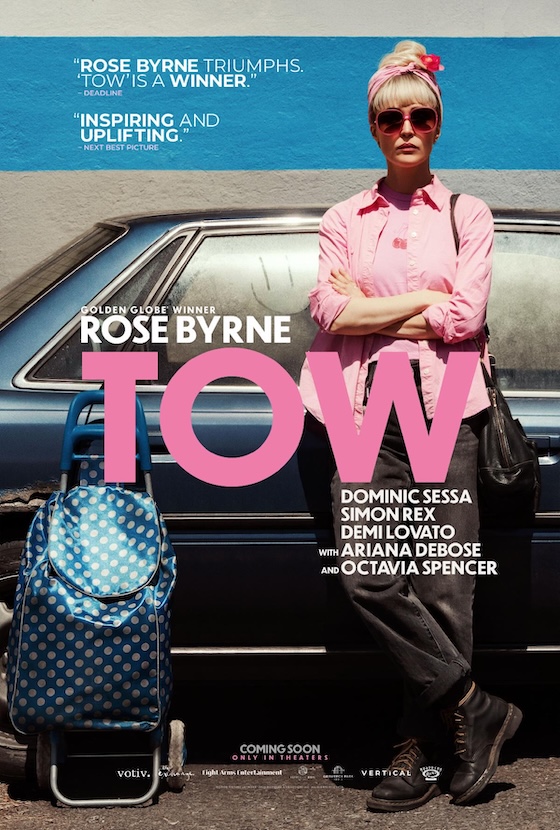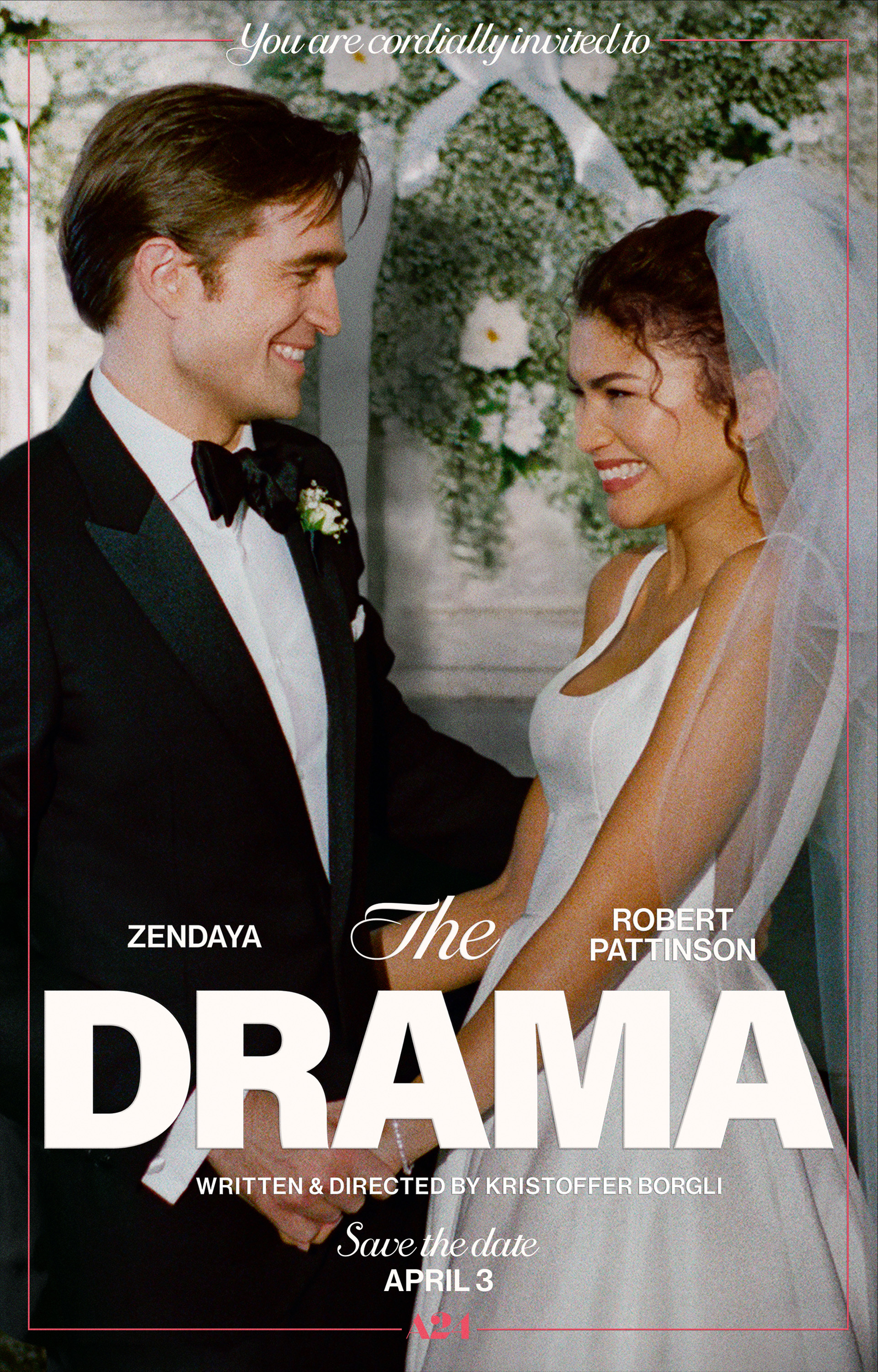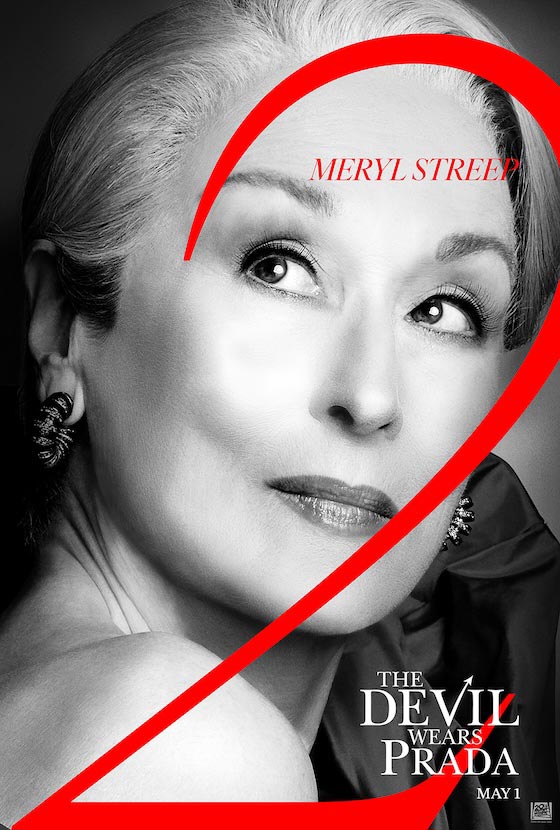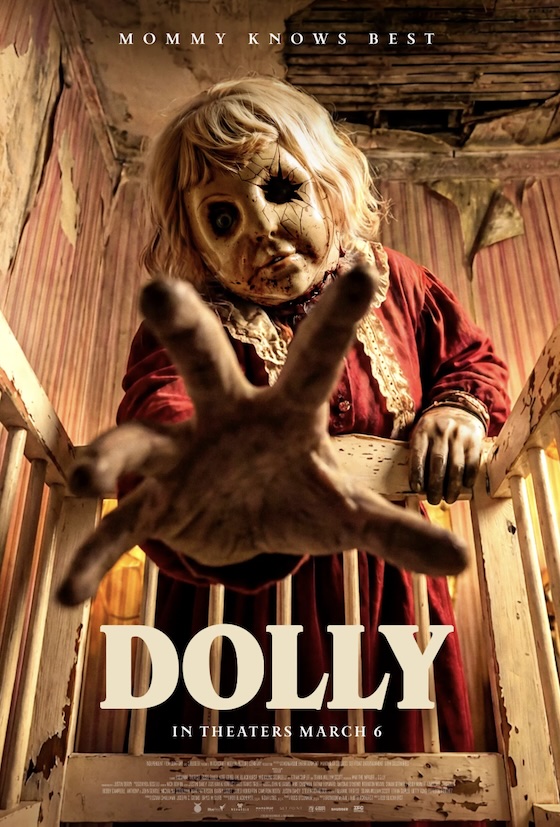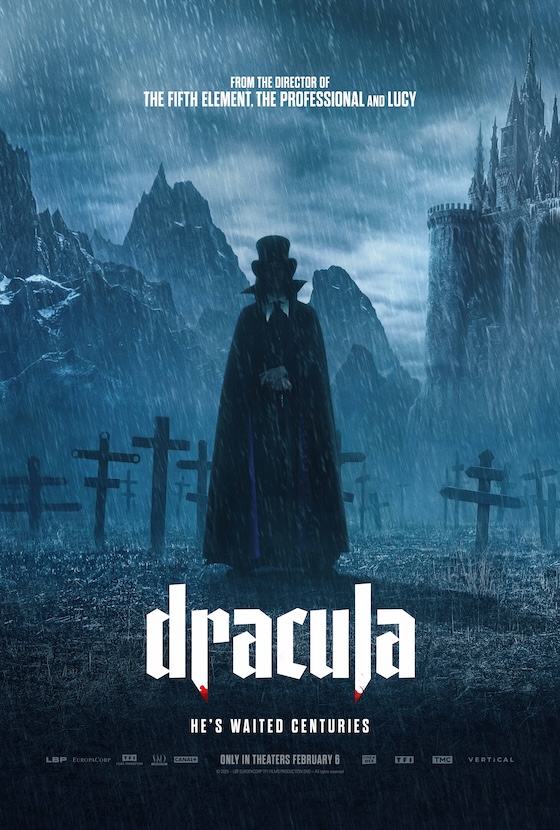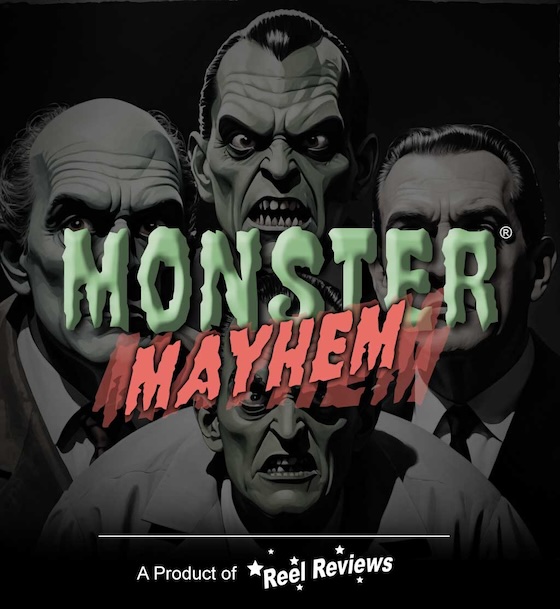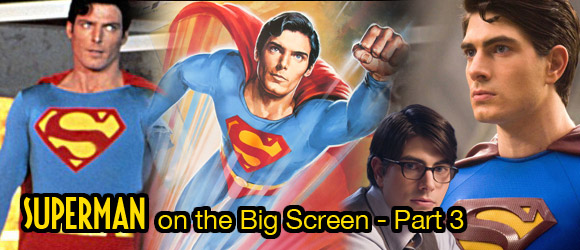
To celebrate the bravery of a new creative team, and a new actor, in the upcoming Man of Steel, we will explore all of the Superman films leading up to its release, and see if Henry Cavill can become Kalel of Krypton for a new generation.
THE MISFIRES – SUPERMAN IV: THE QUEST FOR PEACE
After the critical slaying of Superman 3, Ilya Salkind had convinced his father that the Superman series needed a rest. They focused their attention on the even less successful Supergirl, which Christopher Reeve wisely decided not to cameo in. But a couple of years would pass and there was still belief that maybe a further adventure with the Man of Steel would be welcomed. And they were right: the world was eager for another in the ilk of the first two. But what they got was something entirely different.
The now defunct Cannon films were notorious for quantity over quality. This is not to impugn their contributions to the world of film, but their output, especially in the 80s, mostly consisted of action B pictures. Superman by his very definition would require a lot more capital that their usual fair, but Golan and Globus, proprietors of the company, managed to get Ilya Salkind to relinquish his rights to film another Superman movie.
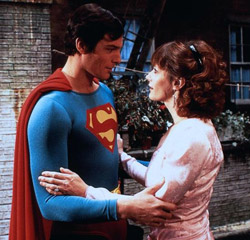 They wanted Christopher Reeve back, but the actor had been extremely dissatisfied with the last picture and was not keen on returning. When the Cannon producers offered him story input, and the potential of directing a fifth movie, should the next one prove successful, in addition to bankrolling another of his non-Superman projects, the actor signed on.
They wanted Christopher Reeve back, but the actor had been extremely dissatisfied with the last picture and was not keen on returning. When the Cannon producers offered him story input, and the potential of directing a fifth movie, should the next one prove successful, in addition to bankrolling another of his non-Superman projects, the actor signed on.
Most of the supporting cast would also return after Reeve agreed. Even Gene Hackman, who walked from the series over Richard Donner’s firing, signed on to return as Lex Luthor. Future Two and Half Men star Jon Cryer, Mariel Hemingway, and Mark Pillow as Nuclear Man would round out the cast.
It had all the right ingredients to come at things fresh. Reeve, always wanting to comment on things that he was passionate about, intended to make a socially relevant Superman story, one that addressed the nuclear arms race of the time. Donner collaborator Tom Mankiewicz warned Reeve to stay away from anything real world that Superman could solve, his opinion being it would be dramatic death for the character and make the story unrelatable. Reeve ignored this to his peril.
But the real enemy of this production was Cannon. The Salkinds may have been primarily capitalists before artists, but they had the good sense to know that these movies required a bucket load of cash to make well. Cannon would in the end halve the original projected budget, and, on a poultry 17 million dollars, attempt to tape together something coherent from an already shaky script from writers Mark Rosenthal and Lawrence Konner.
From the opening frames of this misadventure, you can see the shortcuts. The home video edited quality credits announce this is going to be a crap-tacular and inferior representation of what once was. The story is ludicrous, insulting, unrelatable, and a complete waste of even 17 million dollars. Watching masters of their craft like Reeve and Hackman get undermined by ridiculous characterisations and effects that wouldn’t convince a blind man is a tragedy to behold. It’s beyond awful.
In this one Superman is asked by a little boy to rid the world of nuclear weapons. In the meantime, Lex Luthor has been sprung from incarceration again, and steals a lock of Superman’s hair to create a super powered clone—with a blonde mullet and embarrassing costume, fully formed as he spawns from the sun—to rid the world of the Man of Steel and replenish the worldwide nuke supply on the black market. A joke through and through, and a complete failure in accomplishing Reeve’s good intentions.
The effects have been cited as the worst ever seen in a major production; you can see the cheap blue screen haloes around the poorly framed and choreographed ‘action’ sequences. There is no relatable character arc, not even for the title character. The plot holes are cavernous; the dialogue over simplistic and risible. There is no sense of wonder in this film, no relatable emotion, nothing that approaches the suspension of disbelief—not a single redeemable frame.
Superman IV: The Quest for Peace sank faster at the box office than Titanic on the cold Atlantic. It never even made its miniscule budget back. Advanced word was so bad the producers avoided pre-screening for prominent critics, and once it opened people quickly saw why.
This film is an insult to the character. It’s an insult to the legacy forged in the beginning by the Salkinds and Richard Donner. It’s an insult to Christopher Reeve and the rest of the cast, and worst of all it’s an insult to the audience. If ever there was a waste of a couple of hours of your time, it is this movie.
Tragically, this would be Christopher Reeve’s swan song as the Man of Steel. Only 7 years later, he would face a much harder challenge when falling from a horse and becoming paralysed from the neck down for the rest of his impressive life. There had been stirrings that a fifth movie with him at the helm would go ahead after the dust had settled from Superman IV, but it was never to be. This film’s legacy would see the Superman franchise lay dormant for 19 years. For all the trouble that befell Superman, and those that brought him to life in preceding adventures, this is the film that killed the franchise.
A series of attempts to restart, most notably with Tim Burton and Nicolas Cage attached, would occasionally spring up and fail to come to term. It wouldn’t be until another director— heavily inspired by Richard Donner in another superhero franchise—took an interest, that the Man of Steel would be seen again.
2006 – SUPERMAN RETURNS
Director Bryan Singer had cut his teeth to great acclaim in the superhero genre with two X-Men films. He was planning on a third when, after a conversation with Richard Donner, he’d heard the proposed Superman: Flyby, to be directed by McG, was scrapped. He was offered the chance to pitch his idea for a Superman film, and in July 2004 he was announced as the director of the new movie.
Singer’s approach can be summed up in one word: reverence. Like most of his generation, Donner’s Superman was iconic and indelible. With every other filmmaker that followed Donner trying to reinvent the wheel, Singer’s approach was unique: if it ain’t broke, don’t fix it. He proposed following on from the two films Donner was involved in with a direct sequel to them. He would maintain the musical theme, the continuity, and the production design, by and large, of the original two Superman movies.
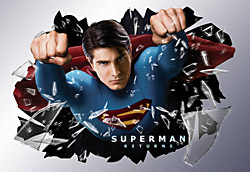 In Superman Returns, following the discovery of the planet Krypton’s location, Superman abruptly leaves the Earth to seek out his birthplace and learn more about himself. His trip takes him away for five years. When he returns, Lois has had a child, is involved with another man, and Lex Luthor has been released from prison and nefariously acquired wealth again. Luthor has a plan, much like in the first film, surrounding real estate, but he intends to use his knowledge of the Kryptonian and his technology to accomplish it and put the Man of Steel down for good.
In Superman Returns, following the discovery of the planet Krypton’s location, Superman abruptly leaves the Earth to seek out his birthplace and learn more about himself. His trip takes him away for five years. When he returns, Lois has had a child, is involved with another man, and Lex Luthor has been released from prison and nefariously acquired wealth again. Luthor has a plan, much like in the first film, surrounding real estate, but he intends to use his knowledge of the Kryptonian and his technology to accomplish it and put the Man of Steel down for good.
Singer took a page out of Donner’s book insisting an unknown be found to step into Christopher Reeve’s shoes. 24 year-old Brandon Routh—a lifelong Superman fan—had secured his agent, specifically because the agent thought, if there were to be another Superman movie, the actor would be a shoe in to claim the role. He had been shortlisted for the previous incarnation, and, after Singer met him, there was no doubt he would be the perfect Man of Steel to continue on from the Reeve entries.
The rest of the cast quickly came together: Sam Huntington would be Jimmy Olsen, Frank Langella would, coincidently, replace original choice Hugh Laurie, as Perry White, and Kevin Spacey would portray a more sinister Lex Luthor. Marlon Brando would also return, post his death, thanks to unseen footage and CGI trickery. The one bit of casting that came under great scrutiny was Kate Bosworth as Lois Lane.
There was, unlike the Cannon fiasco, an A-picture budget of 175 million, and Superman would finally fly onto our screens again in 2006. There are so many virtues to this film it would take a book to list them all.
Routh was indeed a fine choice to play Kalel; his Superman was reminiscent of Reeve’s and yet the characterisation in this film is more melancholic than Reeves ever was—not necessarily a good thing, but a new thing. The story doesn’t afford a wide latitude of emotions for Routh to play with, and confines him in some ways unfairly. I truly believe he had everything needed to show all the facets of the Man of Steel, but he doesn’t get his window in this story. What he does exceptionally well is display Superman’s compassion, his grace, and his empathy. He is the character we finally see the world through the eyes of this time. It allows us into his psyche, into his feelings of being the outsider while effectively making him relatable. Routh’s Clark Kent is a great departure from Reeves, however, more of a shy retiring Kent, and not as entertaining as the self-deprecation Reeve offered. By making this a sequel to the Donner movies, comparisons were not only unavoidable—Reeve will always be the stick by which all others are measured—but made necessary, because it offers Routh as the same man. In Reeve’s shadow, Routh comes impressively close, but ultimately it’s an impossible ask.
Kate Bosworth is miscast. She’s beautiful, she displays confidence, but her age and her lack of world experience are completely inappropriate for the character. Everything she does comes off as artifice; you never buy her as Lane. It just doesn’t work, and it takes you out of the movie it’s so jarring.
The rest of the elements, to this reviewer, work and work well. Spacey’s Luthor, to me, is better than Hackman’s. He’s more sinister, more threatening, and more fleshed out in this movie.
The script takes a lot of its plot lines and connects them with the past, for better or worse, but they’re intelligently developed and don’t insult the audience. The twist in the story is an especially brave extrapolation from Superman 2, and it’s a shame we won’t get to see how that would have played out. The greatest criticism that seems to be levelled at Superman Returns is that it was action-light. Even Singer has come out and said, in terms of the business responsibilities, the film perhaps should have catered more for the younger audience as well with more flash and bang, but since this reviewer is not a kid anymore, I loved it.
Perhaps it is a fair comment. Singer is vocal about his reverence of the first Superman movie, and perhaps it blinded him from making the world truly his own. If you’re going to connect to one of the greatest director/actor combos in genre film history, it’s going to be a mountainous climb above people’s expectations. Also, 25 years had passed and people’s tastes with it. Perhaps, without Reeve, it was time to let that magic stay where it worked best and come at the character anew?
Box office was decent upon release, with the film making almost 400 million dollars after its theatrical run. But it wasn’t good enough for Warner Bros. Although the film retains a decidedly positive critical assessment, the studio would ultimately decide to go in another direction.
Routh was done as the Man of Steel. He was a good choice, and his accomplishment in the role, considering what was asked of him, is impressive.
An uncertain future once again would await Superman’s fans. When would their beloved hero be seen on the big screen again? Court rulings between DC Comics and Superman’s creator’s estates would determine the next course of Superman’s future…
JOIN US FOR THE FINAL ARTICLE, SUPERMAN ON THE BIG SCREEN: PART FOUR – A NEW VISION.
Check out part 1 of the Superman series - Superman on the Big Screen Part 1: The Donner Era
Check out part 2 of the Superman series - Superman on the Big Screen Part 2: The Lester Era
Check out part 4 of the Superman series - Superman on the Big Screen Part 4: A Fresh Start

